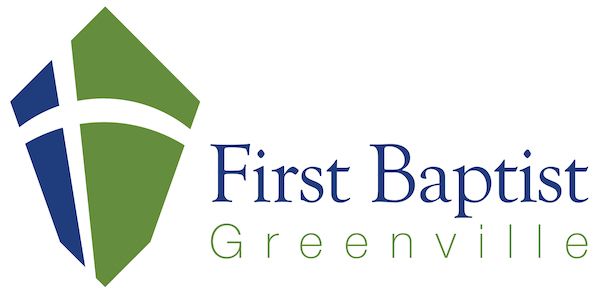A few weeks ago in worship, I preached on Jeremiah 20, one of five laments found in the book of Jeremiah. Laments are a deeply honest form of prayer that express sorrow, pain, anger, or confusion before God.
The practice of lament has been an essential part of my own faith journey—especially in 2020, when my dad died of COVID. Amid that grief, I was grateful that I had already learned about the practice of lament. For months, I read Psalm 88 every day. With the psalmist, I wondered, “O Lord, why do you cast me off? Why do you hide your face from me?”
Although nearly half of the Psalms are laments—and we find laments throughout the book of Jeremiah and even on the lips of Jesus himself (“My God, my God, why have you forsaken me?”)—I did not first learn this prayer practice from the Bible.
Instead, I first encountered lament through the work of Ann Weems, a Presbyterian elder and poet. After the tragic murder of her 21-year-old son, Weems poured her grief into writing deeply personal and honest prayers—modern-day psalms of lament. Eventually, she published fifty of them in a book titled Psalms of Lament. Here is one of her heartbreakingly raw and faithful prayers, “Lament Psalm Twenty-Four”:
O my God, it is not fair!
I watch other people
come and go.
They walk and talk
and eat and play.
They laugh; they travel; they work;
they marry and give birth,
but we sit around the table of death.
We do not smile, nor do we live.
We are suspended in that one moment,
that one moment of death.
When his life was taken.
Our lives were forever changed.
O our God, why aren’t you fair to us?
Why were we the ones chosen
to weep?
It is not fair, O God!
Everybody knows we belong to you.
We declared that in the sanctuary.
Why, O God of mercy,
do we sit at the table of death?
Move us, O God of power; move us
to the table of life!
Give us bread and give us wine
In the name of your son
Let us live again!
—Carol McEntyre, Senior Minister

